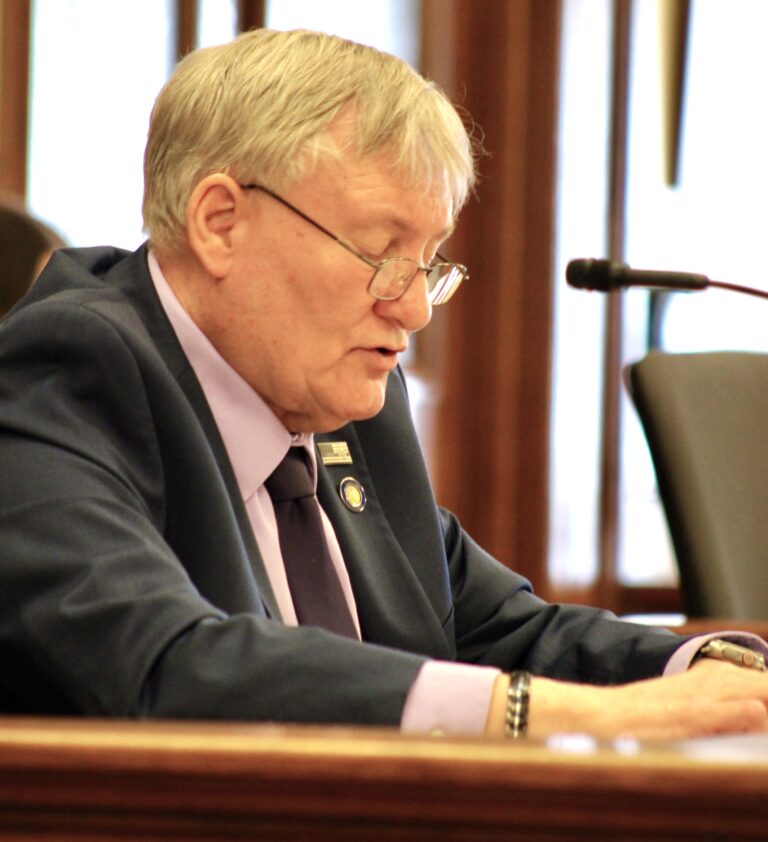The state’s two most populous counties have told the Department of Corrections they have no intention of accepting state dollars to build new juvenile lockups in what likely is a crippling blow to Wisconsin’s plan to overhaul the youth justice system.
Milwaukee and Dane counties, facing a deadline of Aug. 14, on whether to accept the money, cited concerns the project as a whole was underfunded and would leave counties — already strapped for cash due to the pandemic — on the hook for more expenses than initially expected. Both counties indicated in letters to DOC they would be interested in partnering with the state on youth justice in the future.
Quizzed on potential pullouts ahead of the counties declining the award grant, Assistant Deputy Secretary Jared Hoy said DOC “is committed to implementing the steps established in Act 185.
“We have worked with four counties on the details of (the Secure Residential Care Centers for Children and Youth) detailed in the law,” Hoy said in an email. “And while it took longer than planned, the DOC has allocated the funding for those facilities to the counties and is ready to continue working with them to see the SRCCCY facilities completed.”
A spokesman later clarified that Hoy should have used the term “awarded” instead of “allocated.”
After receiving notice of Dane and Milwaukee counties’ decisions to not move forward, Hoy said his agency is “still committed to the spirit of Act 185, and providing an environment and continuum of services that gives Wisconsin’s youth the best opportunity to succeed.”
“We appreciate the effort and time of the county representatives who collaborated with the DOC on these grant agreements,” Hoy said in an email.
Act 185, passed in the waning months of the Walker administration, envisioned a state-county partnership to replace the troubled Lincoln Hills & Copper Lake Schools in northern Wisconsin with a three-pronged plan: two new “Type 1” state-run facilities for serious juvenile offenders; multiple county-run facilities spread throughout the state designed to keep less-serious offenders closer to home; and a revamp of the Mendota Mental Health Institute in Dane County.
- RELATED: Browse our Member Content archives
Progress on the project has been plagued at nearly every step by a host of problems, including missed deadlines and blown budgets. The county-run facilities are the lone piece of the plan that remains funded, though those facilities carry a total price tag of around $102 million, $22 million more than was originally budgeted for all three prongs of the project combined.
The setback is the latest in a series that has already forced lawmakers to pass a six-month extension to the original statutorily mandated deadline of January 2021 to shut down Lincoln Hills and Copper Lake. Even with that extension, both DOC Secretary Kevin Carr and representatives from all four of the counties approved to partner with the state told WisPolitics.com earlier this year the mid-2021 deadline was unworkable.
County timelines to complete construction of the facilities were pegged at around 18 months after funding was allocated, at the very earliest. But even if those facilities had been in place in time, Carr told reporters after the Joint Finance Committee in February turned down a request to fund the state-run Type 1 facilities that it was “very unlikely” Lincoln Hills would be shuttered by July 2021.
The state now faces the prospect of moving forward without the two counties that represent over 63 percent of the youth at Lincoln Hills and Copper Lake, according to the latest available data with a county-by-county breakdown of the facility’s population. Of the 76 juveniles at the facility, 41 come from Milwaukee County and seven from Dane County, as of May 31. Only Kenosha and Outagamie counties had more than two commitments, and Outagamie County barely cleared that threshold with three.
A population report shared with WisPolitics.com also shows 76 young offenders at Lincoln Hills and Copper Lake as of Aug. 7. That report did not include a home county breakdown, and DOC was not able to immediately provide one.
For more, visit WisPolitics.com
The Capitol Report is written by editorial staff at WisPolitics.com, a nonpartisan, Madison-based news service that specializes in coverage of government and politics, and is distributed for publication by members of the Wisconsin Newspaper Association.
Copyright © WisPolitics.com



